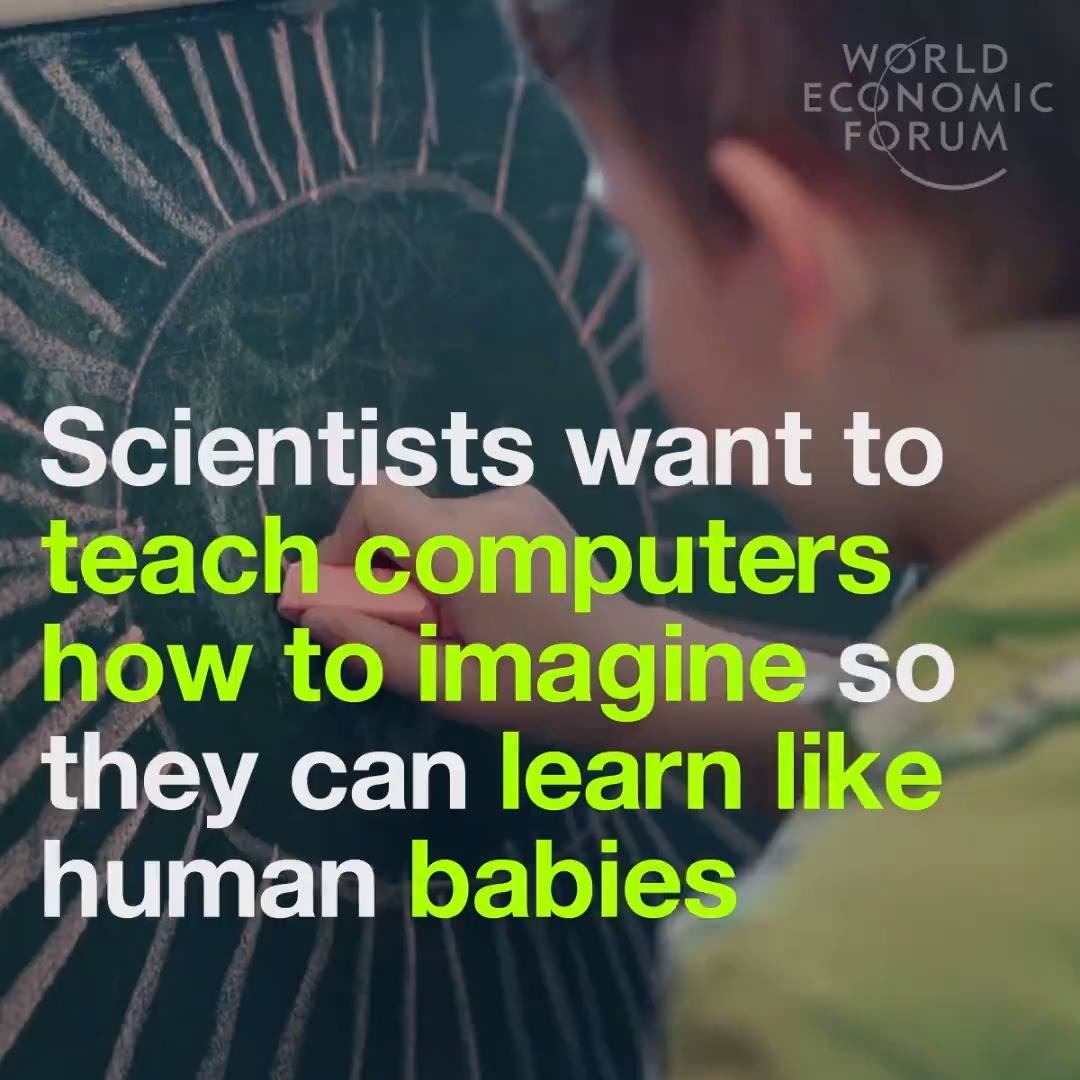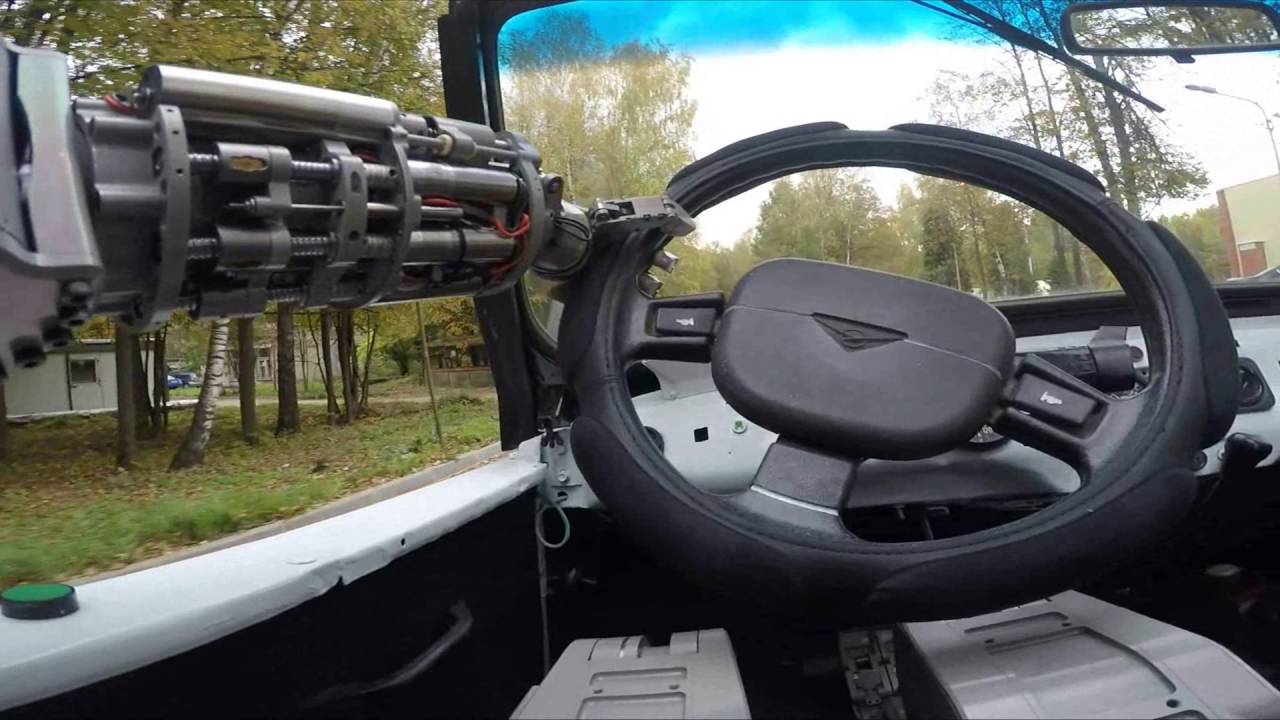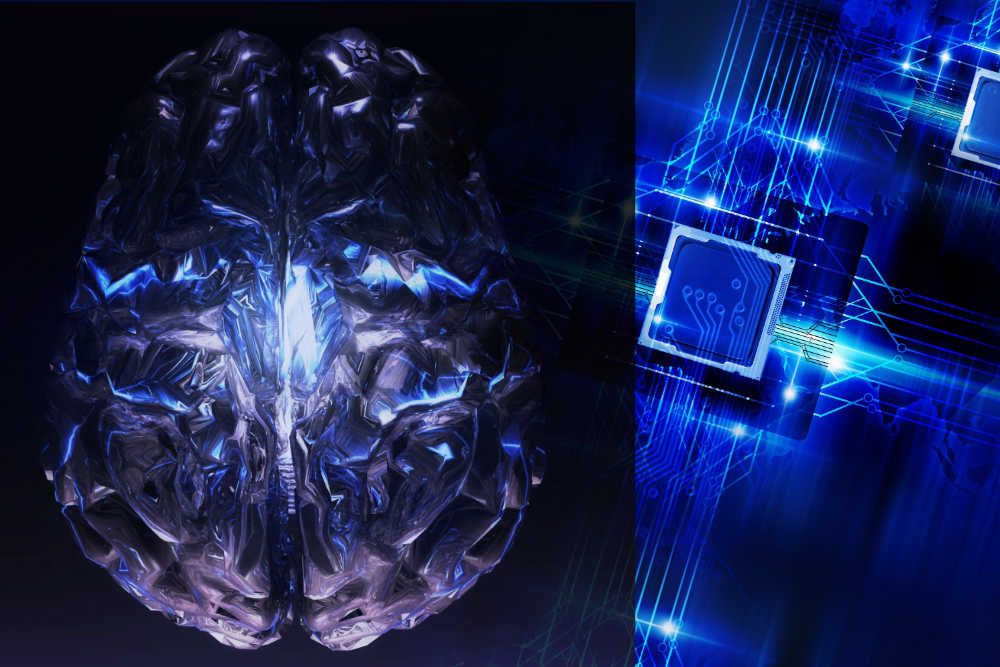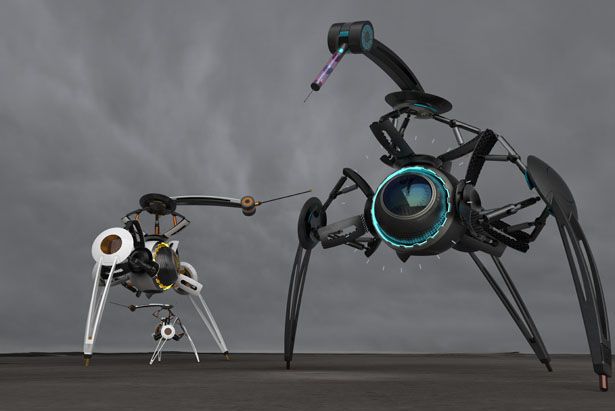They’re worried about their jobs but otherwise optimistic.
Category: robotics/AI – Page 2273
In Brief:
- Watson recommended treatment plans that matched suggestions from oncologists in 99 percent of the cases it analyzed and offered options doctors missed in 30 percent of them.
- AI could be revolutionary for healthcare as it can process many more research papers and case files than any human doctor could manage.
Artificial intelligence (AI) is about more than just the promise of a robot butler — it can actually save lives. AI’s contribution to the healthcare industry and in medical research could be hugely significant. IBM sees that and wants Watson, its AI technology, at the forefront of this development.
In recent years, the best-performing systems in artificial-intelligence research have come courtesy of neural networks, which look for patterns in training data that yield useful predictions or classifications. A neural net might, for instance, be trained to recognize certain objects in digital images or to infer the topics of texts.
But neural nets are black boxes. After training, a network may be very good at classifying data, but even its creators will have no idea why. With visual data, it’s sometimes possible to automate experiments that determine which visual features a neural net is responding to. But text-processing systems tend to be more opaque.
At the Association for Computational Linguistics’ Conference on Empirical Methods in Natural Language Processing, researchers from MIT’s Computer Science and Artificial Intelligence Laboratory (CSAIL) will present a new way to train neural networks so that they provide not only predictions and classifications but rationales for their decisions.
Without a doubt, artificial intelligence (AI) will have a profound impact on the footprint of enterprise resource planning (ERP) solutions in the foreseeable future. AI will enable organizations to further optimize their operating model made up of business processes, software applications, governance structures and technology infrastructure.
Anyone who does not have QC as part of their 5+Yr Roadmap for IT are truly exposing their company as well as shareholders and customers. China, Russia, Cartels, DarkNet, etc. will use the technology to extort victims, destroy companies, economies, and complete countries where folks have not planned, budget, skilled up, and prep for full replacement of their infrastructure and Net access. Not to mention companies who have this infrastructure will provide better services/ CCE to svc. consumers.
In a recent article, we highlighted a smart beta ETF called the “Sprott BUZZ Social Media Insights ETF” that uses artificial intelligence (AI) to select and weight stocks. If we stop and think about that for a moment, that’s a pretty cool use of AI that seems well ahead of its time. Now we’re not saying that you should go out and buy this smart beta ETF right away. It uses social media data. We know that on social media, everyone’s an expert and many of the opinions that are stated are just that, opinions. However some of the signals may be legitimate. Someone who just bought Apple is likely to go on telling everyone how bullish they are on Apple shares. Bullish behavior is often accompanied by bullish rhetoric. And maybe that’s exactly the point, but the extent to which we’re actually using artificial intelligence here is not that meaningful. Simple scripting tools go out and scrape all this public data and then we use natural language processing (NLP) algorithms to determine if the data artifacts have a positive or negative sentiment. That’s not that intelligent, is it? This made us start to think about what it would take to create a truly “intelligent” smart beta ETF.
What is Smart Beta?
We have talked before about how people that work in finance love to obfuscate the simplicity of what they do with obscure acronyms and terminology. Complex nomenclature is suited for sophisticated scientific domains like synthetic biology or quantum computing but such language is hardly merited for use in the world of finance. We told you before what beta is. Smart beta is just another way of saying “rules based investing” which has in fact been around for centuries, but of course we act like it’s new and start publishing all kinds of research papers on it. In fact, a poll offered up by S&P Capital IQ shows that even 1 out of 4 finance professionals recognizes the term “smart beta” to be little more than a marketing gimmick:









